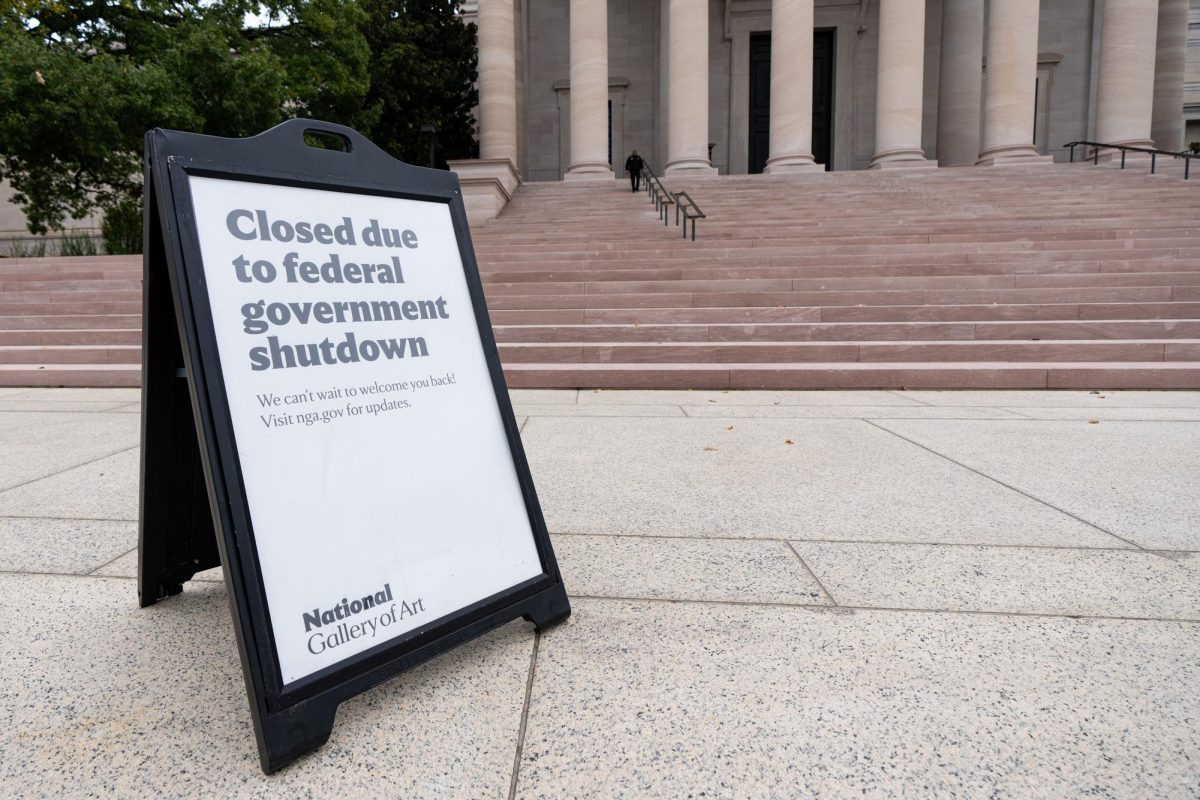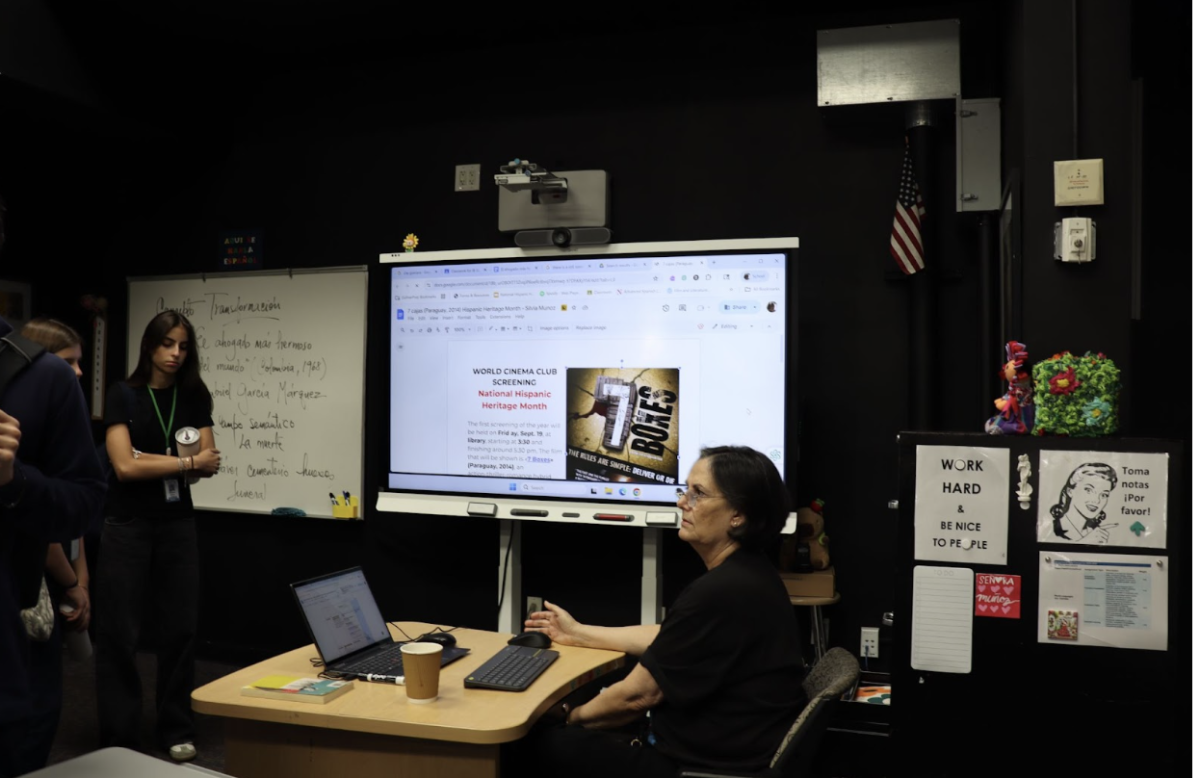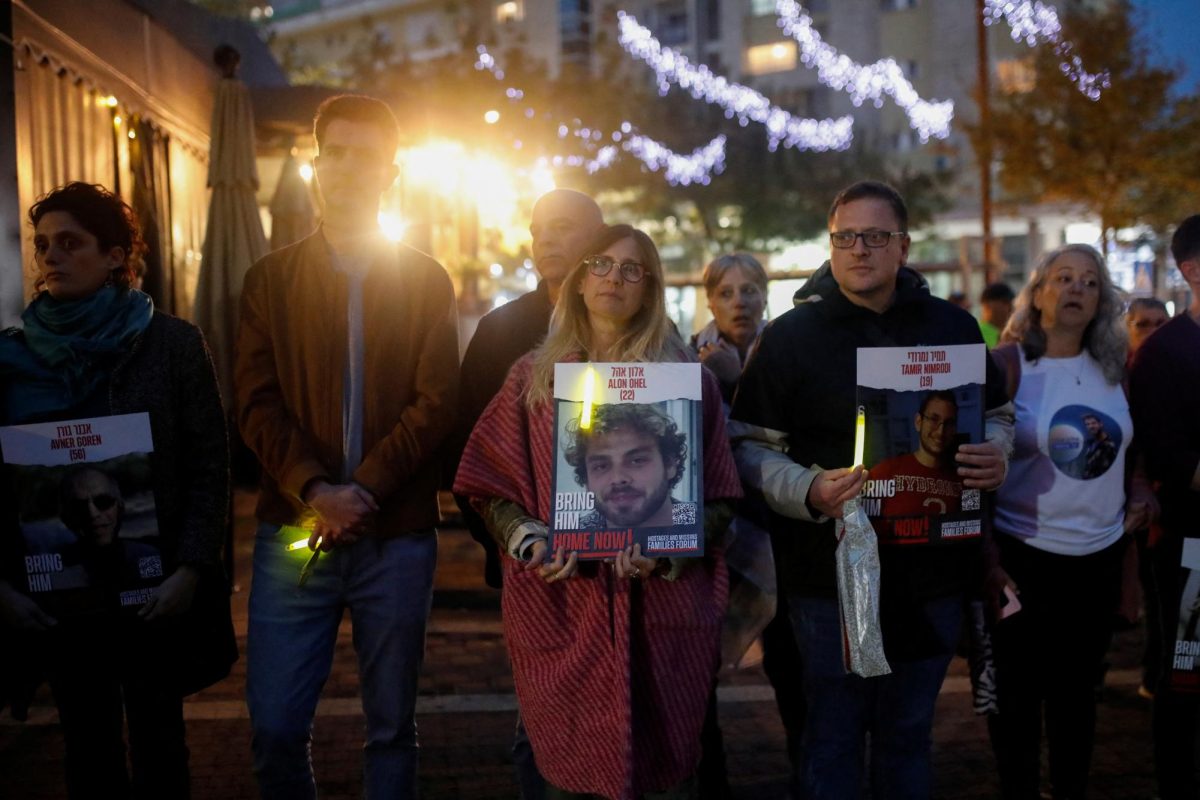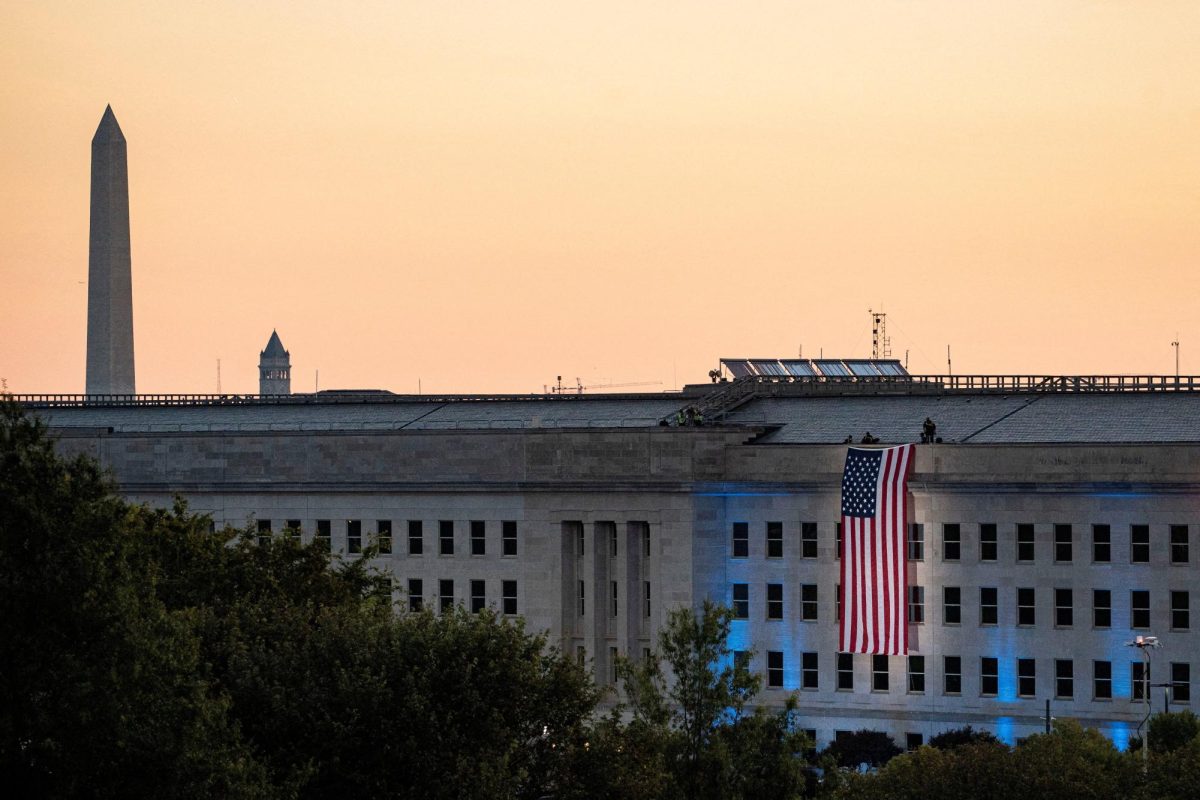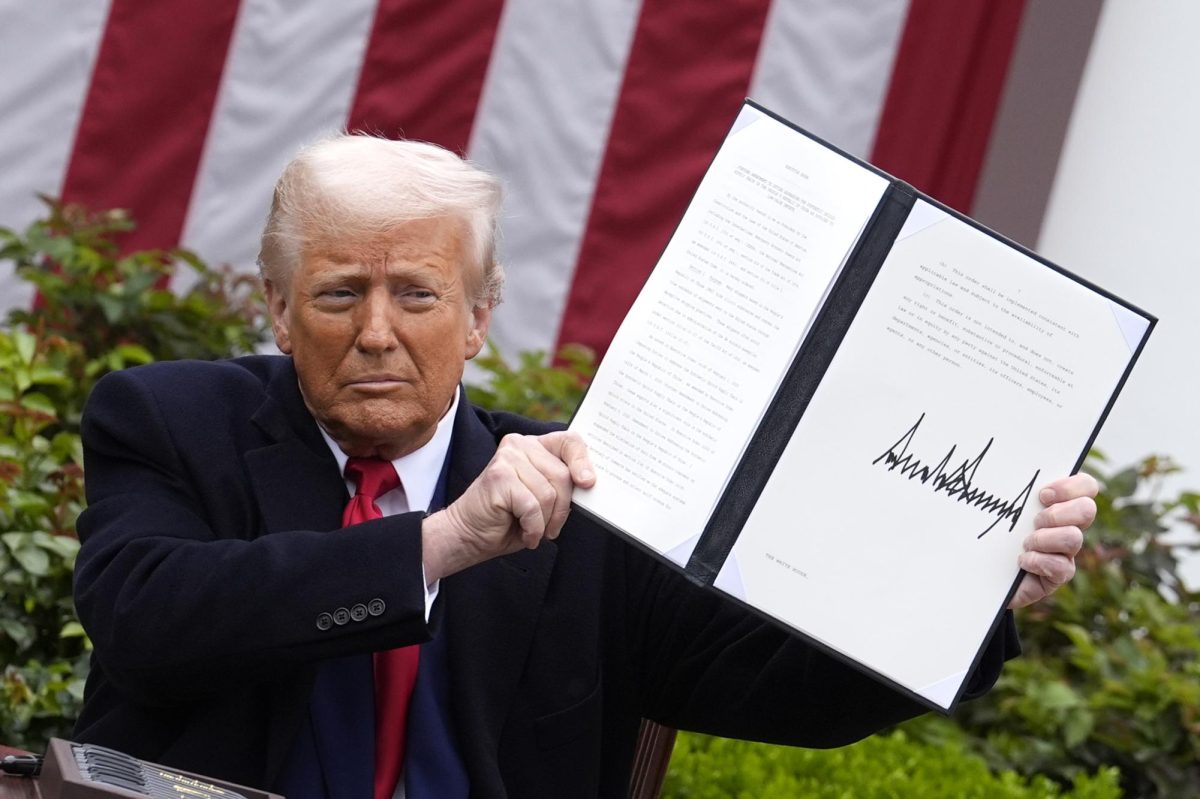In every sense that matters, thereŌĆÖs a blackout on the HillŌĆönot of electricity, but of empathy. This fruitless fiscal year, Congress has chosen obstinacy over obligation, boarding up ŌĆ£non-essentialŌĆØ federal servicesŌĆöeven the paychecks of its own workersŌĆöin the name of principle, or perhaps pride.┬Ā
Many of us marvel at the unbelievable headlines in disbelief: ŌĆ£ŌĆśSubstantialŌĆÖ federal employee layoffs have begun,ŌĆØ ŌĆ£Tempers flare over shutdown with no end in sight.ŌĆØ
We wonder how those entrusted as stewards of the people could act so hypocritically. So childishly? WeŌĆÖd like to think that our morality would outlast the temptation of politics, that weŌĆÖd keep our promises where Congress has not.┬Ā┬Ā
But we couldnŌĆÖt. We wouldnŌĆÖt. And we donŌĆÖt. Only our stubbornness and insincerity arenŌĆÖt broadcast for all the world to see on C-SPAN.┬Ā┬Ā┬Ā┬Ā┬Ā┬Ā┬Ā
We donŌĆÖt act in othersŌĆÖ best interests when we refuse to publicly praise a rivalŌĆÖs idea, lest we yield a bit of credit. When we insist on standing alone, even when banding together would bring far more good. When an argument becomes more about being ŌĆ£rightŌĆØ than about being truthful. The scope shrinks, but the blemish remains.┬Ā
Our debates donŌĆÖt freeze paychecks or furlough workers, of course, but the cost remains. When we conflate compromise with capitulation, we erode the smaller institutions we inhabit: our friendships, our educations, our lives. If we canŌĆÖt overcome our resistance to concession in our lower-stakes conversations, how can we expect our politicians to yield when millions of lives hang in the balance?
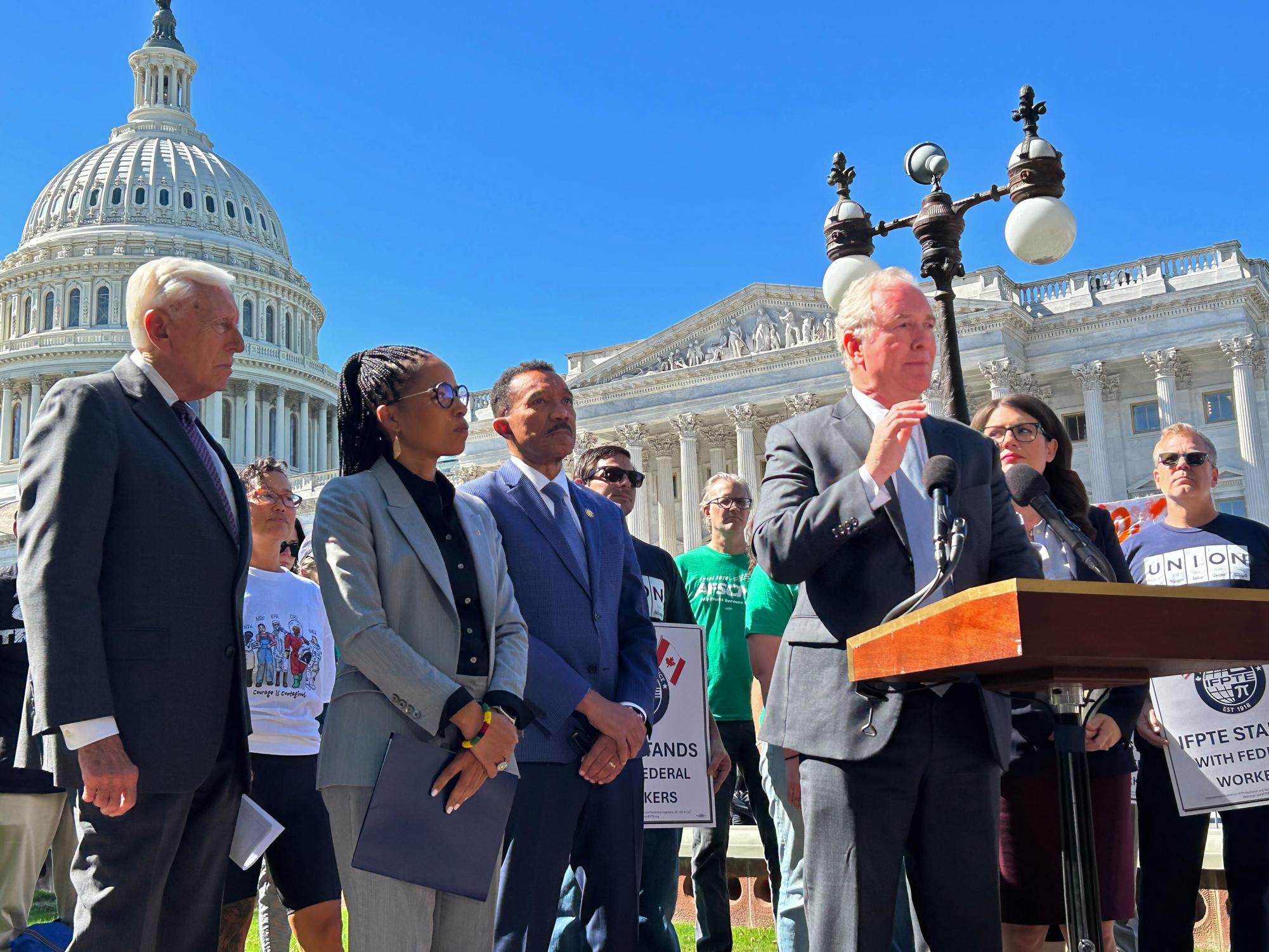
When Congress grinds our government to a halt, closing national parks, halting research, and leaving millions of federal employees to wonder whenŌĆöand ifŌĆötheyŌĆÖll be paid, itŌĆÖs clear they arenŌĆÖt exactly representing the people they were elected to serve. But again, weŌĆÖre no more selfless, only less visible.┬Ā
All of usŌĆöincluding the governmentŌĆöhave forgotten that leadership was never supposed to be about volume or visibility. When leaders become obsessed with power and success, they forsake the reason they were chosen to be in power in the first place: to speak for those who canŌĆÖt. As former Senator George Hoar best put it, ŌĆ£The Senate ŌĆ” was created that the deliberate will, the sober second thought of the people might find expression.ŌĆØ
While Washington recites the same tired script for the 11th time, we can rewrite the playbook. Many of us instinctively ask: How can I advance what I believe is right? But the better questionŌĆöthe one Congress still hasnŌĆÖt masteredŌĆöis: How can I extend to others the same benefit of the doubt I give myself? Only by starting there can we build understanding beyond our own echo chambers.┬Ā
By intentionally combating the very mindset Washington has and continues to fall prey to, we can nurture a generation that turns to discourse before gridlock, humility before hubris, and empathy before pride. For conviction without compromise is just grandstanding by a better name.┬Ā

